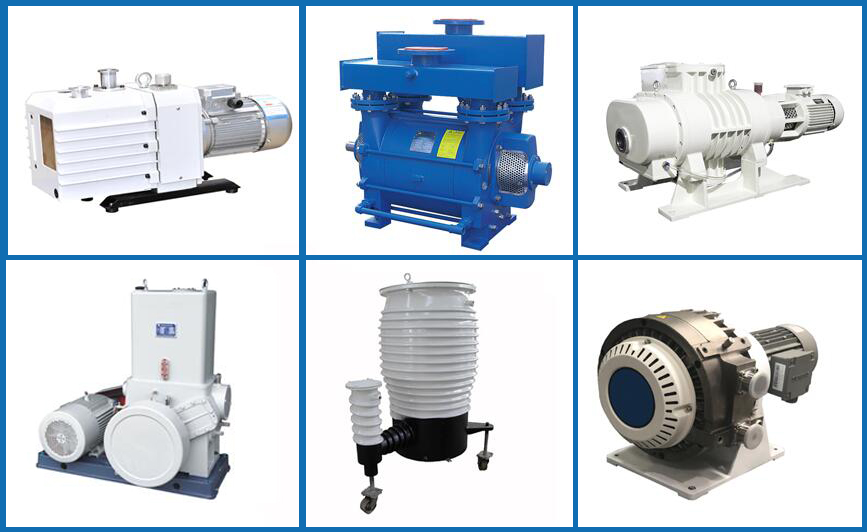Walter see apr 18 2019.
Dry vacuum pump working principle pdf.
Dry running vacuum pumps.
Dry pumps reduce the risk of system contamination and oil disposal compared to wet pumps.
The predecessor to the vacuum pump was the suction pump.
Vacuum systems are not easily converted from wet to dry by simply changing the pump from a wet to a dry style.
Arabic engineer al jazari later described dual action suction pumps as part of water raising machines in the 13th century.
Vacuum drying is generally used for the drying of substances which are hygroscopic and.
The advanced screw design results in lower electric energy consumption compared to standard screw designs.
Dry vacuum pumps have been developed for the semiconductor industry in the 80 s and introduced in chemical and pharmaceutical process industries in the early 90 s.
Although dry pumps may use oil or grease in the pump gears and bearings it is sealed from the swept gas.
Vacuum drying is the mass transfer operation in which the moisture present in a substance usually a wet solid is removed by means of creating a vacuum in chemical processing industries like food processing pharmacology agriculture and textiles drying is an essential unit operation to remove moisture.
Dry screw vacuum pumps operate with two screw rotors rotating in opposite directions.
The space between the head cover and the diaphragm forms the suction chamber 5.
The suction pump later appeared in medieval europe from.
Dual action suction pumps were found in the city of pompeii.
He also said that a suction pump was used in siphons to discharge greek fire.
Industrial vacuum pump working principles.
Compared to the typical oil sealed or dry vane vacuum pump this technology is hallmarked by lower heat and noise levels but higher performance levels.
They are specified for fine chemicals and pharmaceutical cgmp plants in order to avoid.
Dry running vacuum pumps how it works working principle sizing.
Number of molecules n molar mass m gas constant r 0 temperature t gas mass w.
If you choose to add in electronic process controllers or vsd variable speed drive they can be extremely cost.
Claw vacuum pumps feature two claw shaped rotors that move in opposite directions mounted in a housing.
A crankshaft driven connecting rod 4 moves the diaphragm 1 that is tensioned between head cover 2 and housing 3.
Diaphragm vacuum pumps are dry positivedisplacement pumps.
Mechanical vacuum pumps developed and used from the mid 20th century to the present day will be discussed after some basic vacuum concepts.
Diaphragm pumps require inlet valves and outlet valves 6 to achieve gas.

